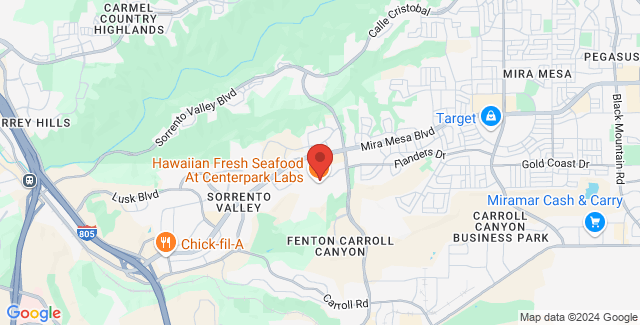Child Custody Glossary
Child Support
Child support refers to payments, usually monthly, a non-custodial parent makes to a child to cover his basic expenses, such as food, clothing, education, and entertainment. Usually, a court orders child support to be paid and determines its amount. Every child is legally entitled to child support until he is 18, joins the military, begins living on his own, or gets married. In cases where parents share custody, the parent who earns a higher income typically pays child support to the other parent.
Divorce
Divorce is the legal dissolution of a marriage. All states require the party seeking divorce to state a legal reason for requesting it.
Joint Custody
Joint custody refers to custody agreements under which when both parents share physical custody, legal custody, or both.
Legal Custody
Legal custody gives a parent the right to make all decisions in regards to a child’s upbringing. Such decisions include the child’s religious affiliation, method of education, and medical/dental care.
Physical Custody
Physical custody refers to which parent provides a physical home for the child.
Separation
Separation, in terms of marriage, is a blanket term for the four phases of separation:
- Trial Separation: During this stage, the couple lives apart for a given trial period. All properties and debts acquired during trial separation are considered jointly owned.
- Living Apart: During this stage, the couple still lives apart, but all properties and debt accumulated belong to whoever accumulated it and are not jointly owned.
- Permanent Separation: At this point, the couple decides to permanently split.
- Legal Separation: In this last stage of separation, a court rules on alimony, child support, child custody, visitation, and division of property but does not grant a divorce.
Separation is highly individualized. Not every couple participates in every stage of separation. Each will decide what is best for its particular situation
Sole Custody
A parent with sole custody has been granted exclusive physical and legal custody of a child.
Visitation
Following divorce or separation, the non-custodial parent (the parent who is not legally responsible for raising the child) is often granted visitation rights by the court and/or the custodial parent. In cases where the divorced or separated parents have an amicable relationship, they decide on their own visitation schedule. In situations where there is hostility between parents, a court may intervene to schedule visitation or, in cases where a non-custodial parent has a history of abuse, alcoholism, or violence, deny visitation altogether.




